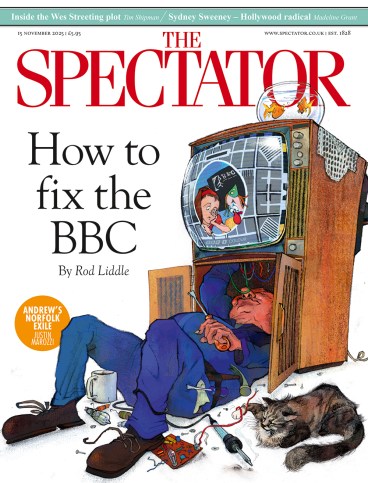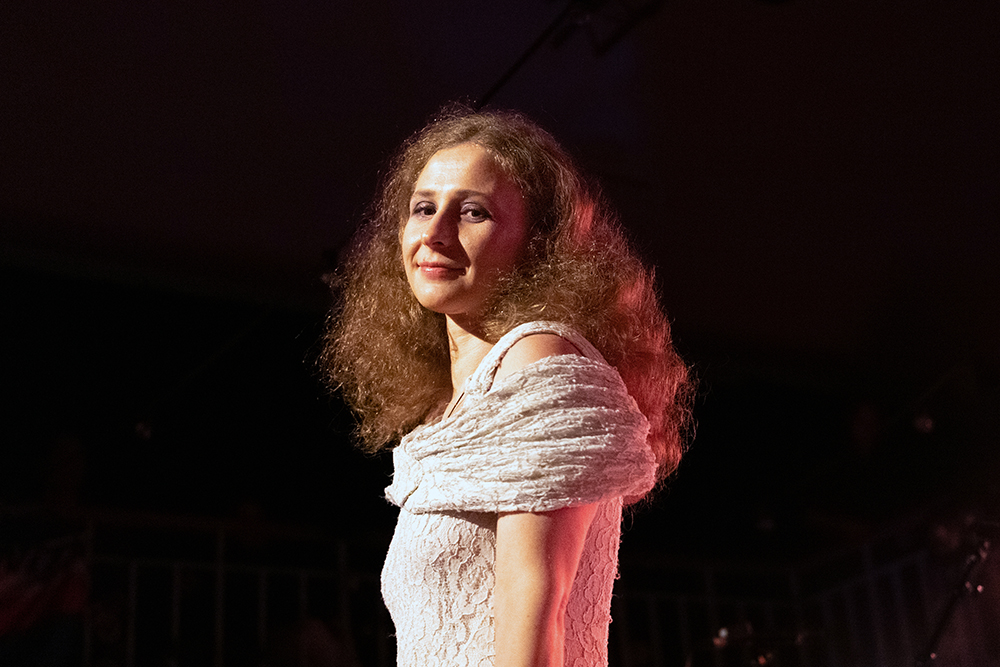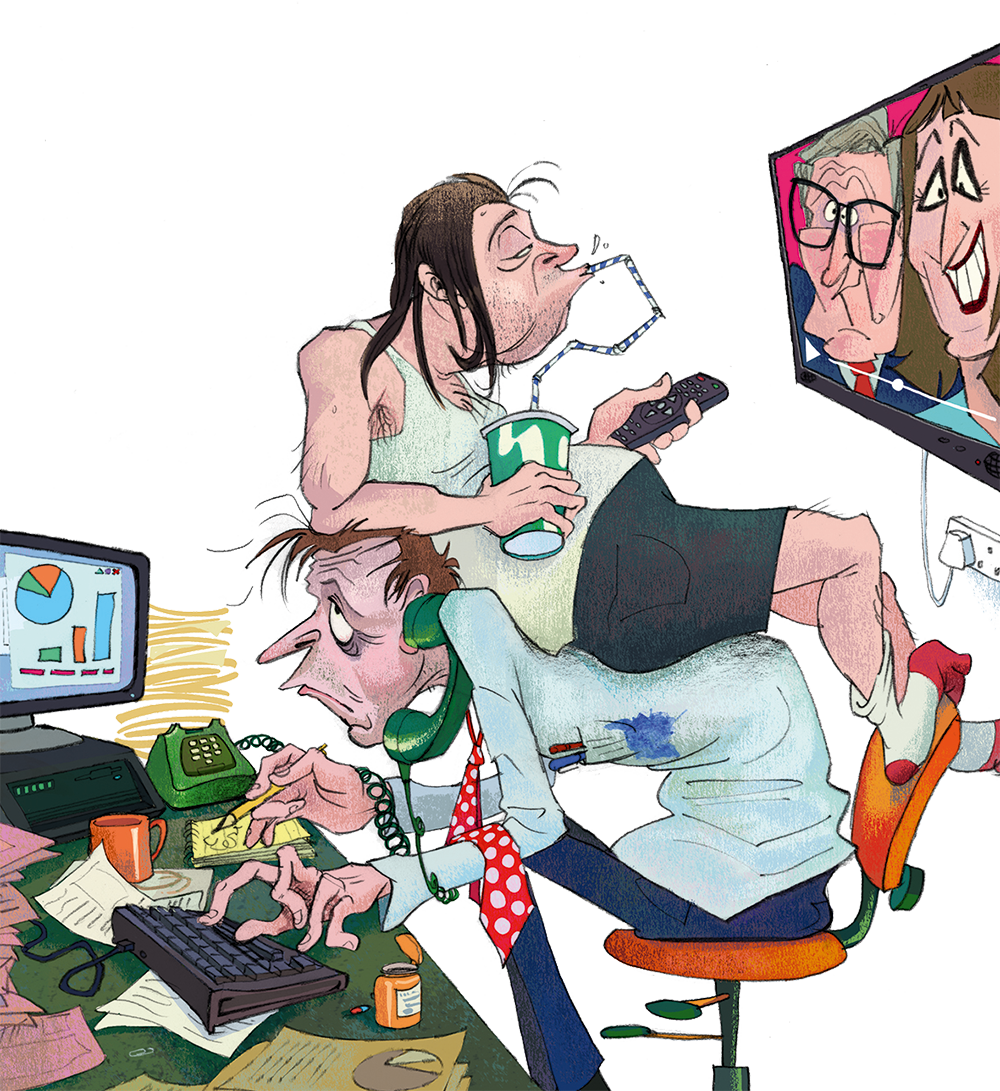
Penal Colony No. 2. A girl in a green coat. Red splashes of fireworks against the night sky. She arrives back in Moscow: photographers, a clamour of questions, what is it like to be free? Meetings, cops, her little six-year-old son with a sparkler, a video being recorded, her mother nearby, anxious.
Like the flickering, scratchy lens of a film projector, Maria Alyokhina’s Political Girl illuminates the story of her life from the moment she and the other members of Pussy Riot were let out of prison in 2013 until, in 2022, she finally fled Russia disguised as a delivery driver. Nine years of fighting the slowly tightening noose of Putin’s regime with an endless, almost crazed persistence. Again and again the group plan protests, race around trying to avoid the police long enough to carry them out, are immediately detained, thrown into the back of an avtozak – a paddy wagon – and slung in a cell. The calls to lawyers begin, visits from friends with food and clothes, dogged insistence on their rights, fines, surveillance, house arrest, ankle tags. ‘Are we crazy or pathetic?’ she writes at one point. ‘Or do we simply care?’
Alyokhina’s style is vivid, dreamlike, jagged. In staccato paragraphs she captures not just Pussy Riot’s resistance, but a whole generation’s: thousands who have risked career, health and sanity to protest. Social media is full of blanket dismissals of the entire Russian nation as complicit in the regime’s crimes. In Alyokhina’s pages are those who refute those arguments – perhaps only a small proportion of the population, but people of all ages, from all parts of society, pummelled and persecuted increasingly ruthlessly until, by 2022, the act of standing alone in a street holding a sign saying ‘No to war’ can incur a sentence of up to 15 years for ‘discreditation of the armed forces’.
The more violent Putin’s regime becomes, the more sensitive it perceives itself to be, a mirror world of transference: Ukrainians are fascist aggressors, abused women are tried as attackers and the thuggish police are victims, testifying in court about the psychological damage they experienced when a plastic bottle was thrown at them as they were beating up protestors. One policeman states that the bottle landed near him with a ‘severe rustle’, putting him in fear of his life – an irresistibly comic phrase for Masha (as Alyokhina is known) and her friends.
Laughter is one of their superpowers. ‘Protest must be desperate, sudden and joyous,’ she wrote in her previous book, Riot Days. The claustrophobia of surveillance is punctured by their actions, brief flashes of mischief and beauty driven by adrenalin – a snowy Christmas tree sparkling with pictures of political prisoners in front of the FSB headquarters, rainbow flags flying on government flagpoles.
Even more than jokes, it’s friendship and love that sustain them – practical support and solidarity as well as endless smoking on balconies. During the rainbow flag provocation, Masha falls in love with another activist, Lucy Shtein. Against the backdrop of the darkening political situation, their love affair is a bright streak of joy. It’s touching, teenage, obsessive and wonderful. Every kiss stolen in the corridor of a courtroom feels like a little victory for humanity.
The pandemic hugely increased Putin’s control over society, and from 2020 what little freedom Alyokhina had was replaced by a round of house arrest and detention. She’s candid about the effect her worsening mental health has on people around her: she drinks wine, argues and cries. If, as it seems to me, the brave, loving figure of Masha embodies the frail, outnumbered Russian opposition, then her mental strain also echoes the splintering movement. At the outbreak of full-scale war against Ukraine, Masha immediately protests, with many others – and the prisons fill up again. But Putin’s system is too effective at shutting them down for any coherent opposition to form. Masha internalises this failure, a scream of pain: ‘Who is to blame for this? It seems we are.’
Yet she has the generosity of heart to notice goodness even among the FSB officers who guard her. Most of them are narrow-minded and cruel, but some are embarrassed: ‘I’m not the enemy.’ Occasionally they are even supportive. A toad-like prison doctor rallies her: ‘Don’t even think about cracking up. You’re strong, you know it and I know it.’ It’s this nuanced approach that makes Political Girl exceptional, a devastating record of Russia now.







Comments